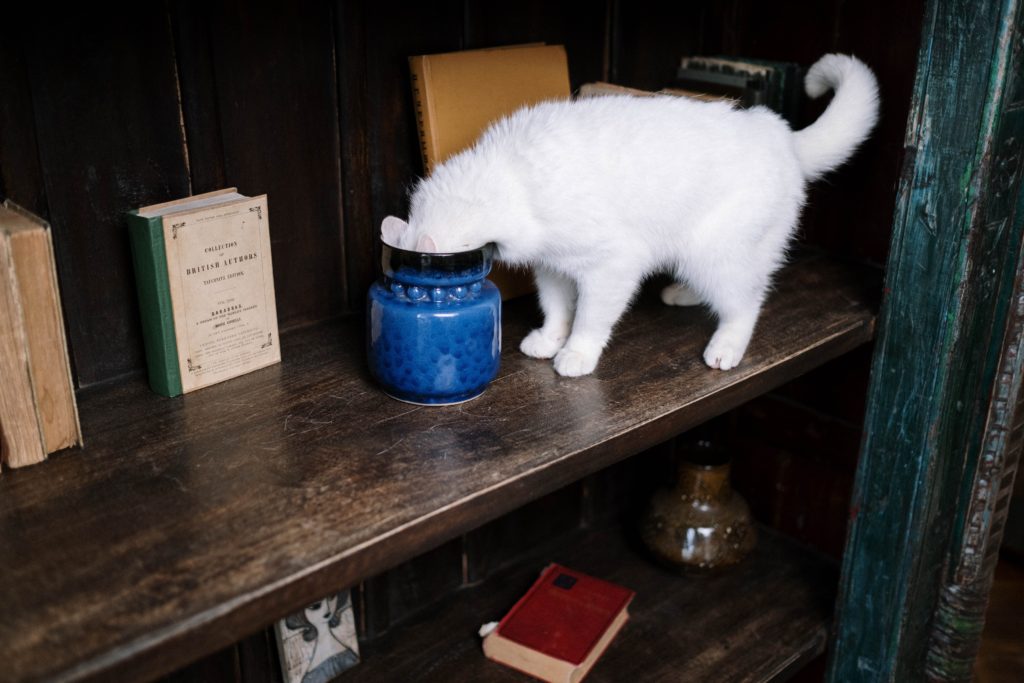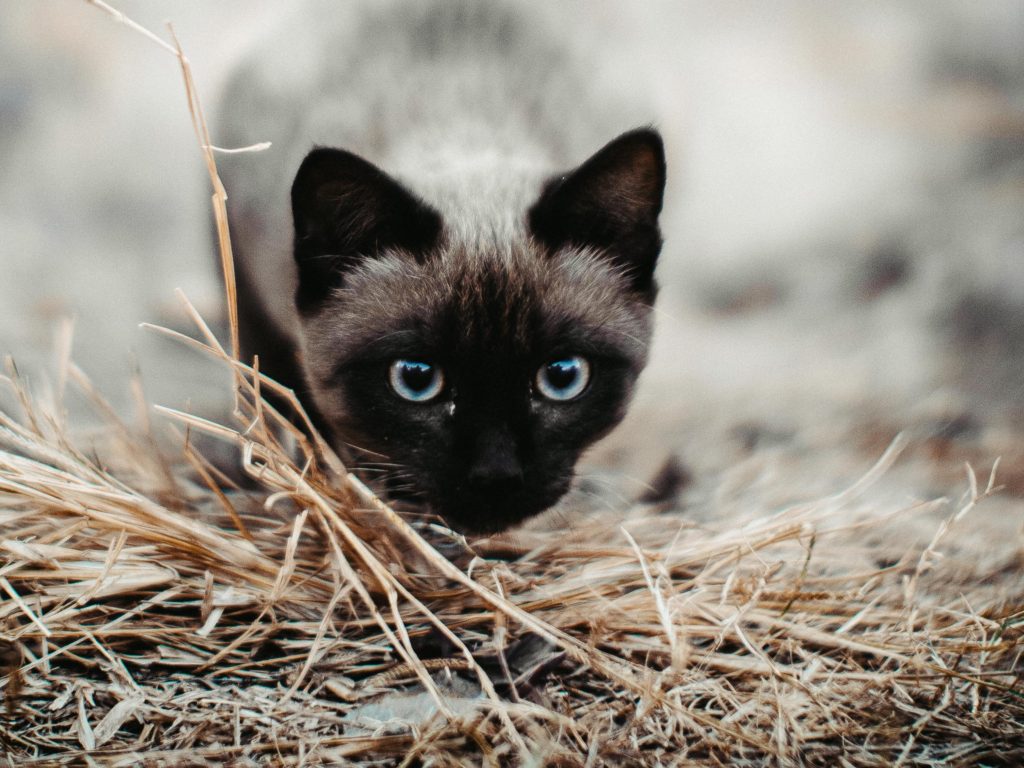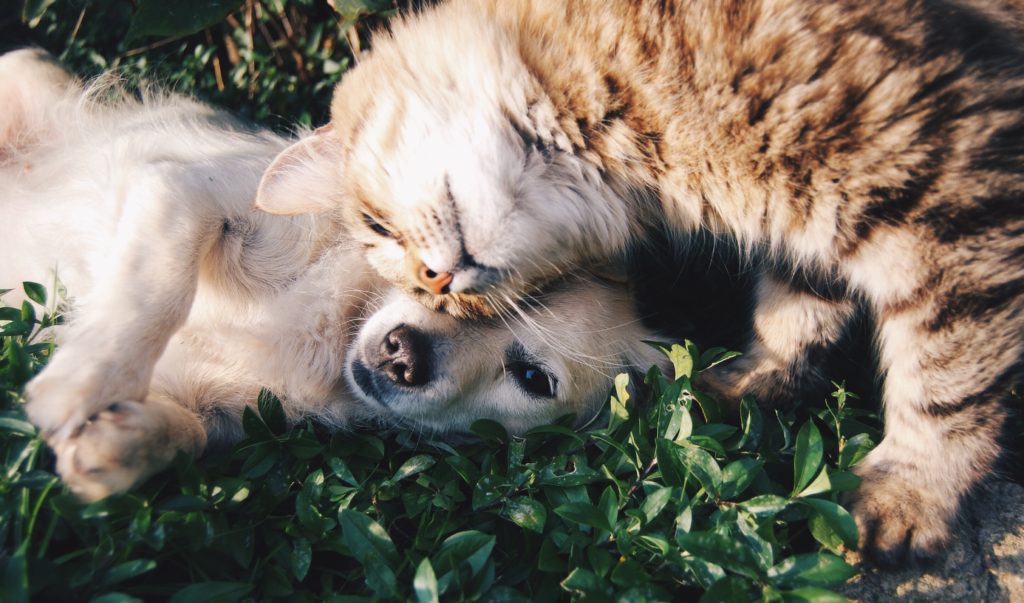Social-emotional learning skills are now part of the curriculum in many schools. These are the skills we all need to live well and to get along with others and with ourselves. This includes concepts like kindness, care, empathy, conflict resolution, and so on.
From time to time, I’ll hear someone complain about the fact that children are gaining social-emotional learning skills in school. I’ve heard folks complain a.) that it’s not the schools’ job to teach this, b.) that the kids are “too sensitive” these days anyway, and c.) the classic, if it’s not an “academic” subject, it doesn’t belong in school.
That last one assumes that we approach academic subjects in a vacuum. The truth is all of us bring our whole selves with us to any academic discipline, not to mention the rest of our lives.
History is the study of the people and events of the past. We cannot hope to arrive at a meaningful interpretation unless we bring our own humanity with us.
The best historians possess a set of key social-emotional learning skills. Whatever your level of engagement with history, whether you’re a professional, an enthusiastic amateur, a reader of historical fiction and nonfiction, or a student at any level, paying attention to the following five social-emotional learning skills in your work and in your life will help you understand history better. And it will also–dare I say it–make you a person who contributes meaningfully to healing this broken world.
DISCLOSURE: This page may contain affiliate links. This means if you click on a link to a product or service and make a purchase, I may receive a commission at no cost to you. I choose affiliates with care and appreciate your supporting my work in this way. See Disclaimers and Affiliates for more information.
5 Social-Emotional Learning Skills that Transfer to the History Classroom
Social-Emotional Learning Skill #1: Curiosity
Good historians are curious. There’s so much we don’t know about the past, and in some ways historians are detectives, piecing together clues and following leads. A historian powered by genuine curiosity will be able to maintain the persistence needed to find the answers they’re looking for. And if that answer can’t be found, then a curious historian has no trouble finding a new question.
Historians also need to be genuinely curious about the past. We need to approach the past wanting to learn and assuming that we will learn things we didn’t know. I see too many folks heading into historical research bringing answers with them instead of questions. And that’s no way to learn.

Social-Emotional Learning Skill #2: Humility
We could use more humility these days. I see a whole lot of folks throwing a whole lot of stones at those who came before us like we don’t live in glass houses ourselves. Historians need the humility to meet our subjects as equals and not think we’re somehow better just because we’re newer.
C. S. Lewis and Owen Barfield coined the term “chronological snobbery” to describe this tendency, and Lewis wrote about it in Surprised by Joy (1956):
Chronological snobbery is the uncritical acceptance of the intellectual climate common to our own age and the assumption that whatever has gone out of date is on that account discredited. You must find why it went out of date. Was it ever refuted (and if so by whom, where, and how conclusively), or did it merely die away as fashions do? If the latter, this tells us nothing about its truth or falsehood. From seeing this, one passes to the realization that our own age is also ‘a period,’ and certainly has, like all periods, its own characteristic illusions.
Before I move one from this quote, I feel it’s necessary to acknowledge that there’s a lot from earlier ages that has been and should have been refuted, including many of C. S. Lewis’s own biases.
But the point it makes about recognizing that we too are part of a particular era with its own blind spots is helpful.
So is avoiding the temptation to say that people in earlier eras were “stupid” or didn’t understand the world. One example I often hear is, “Wow, it was really dumb of armies just to line up across a field and shoot at each other.” It wasn’t stupid. It made total sense in their context, with their weapons. Sometimes it’s a good idea to keep your mouth shut (or your keyboard quiet) and listen and learn, both from subject area specialists, and from voices from the past themselves.
|Related: 5 of My Favorite History Podcasts for Kids, Teens, and Families
Social-Emotional Learning Skill #3: Healthy Skepticism
Student historians learn the “rule of three.” This refers to the practice of finding at least three sources from people with different perspectives on a particular event that corroborate each other.
How often does that happen IRL?
Based on anecdotal evidence from broad reading of historical publications and my own experience, I’m thinking it’s not terribly frequent. Take a close look the next time you’re reading a nonfiction history. Note how many times you see phrases like these:
- According to…
- Perhaps…
- It is likely…
- It may be…
- Tradition states…
And so on and so forth like that. They’re all fancy ways of saying, “We don’t really know for sure, but maybe it was like this.”
It can also be unwise to trust a source completely. In the immortal words of Dr. Gregory House, “People lie.”
And it’s often a good idea to take the stories you hear with a grain of salt, because in addition to lying, people love a good story, even if it’s not entirely true. Our brains are wired like that. We crave narrative.
This is not to say we can never trust any historical knowledge, but it is to say that “historical facts” are often unclear. And as soon as we think we know something, here comes some new research to blow what we thought we knew out of the water.
This happens as frequently in history as it does in any other field. This is why you can’t take scholarship from 1950 and cite it as evidence. Some people have a hard time with this because of their belief that “history doesn’t change.” Maybe not, but what we know about it sure does.
In my 9th grade World History class, we had to copy a quote into our notebooks every day. Here are two to keep in mind:
“History is more or less bunk.” –Henry Ford
“History: An account, mostly false, of events, mostly unimportant, which are brought about by rulers, mostly knaves, and soldiers, mostly fools.” –Ambrose Bierce
Social-Emotional Learning Skill #4: Patience and Persistence

Good historians have the ability to stick with a project long-term. Even with the advances in research techniques made possible by recent technological developments, it can take a long time to find what you’re looking for (if it even exists), and historical research requires the ability to keep going even when you think you will absolutely never get to the end of this microfilm. (I hate microfilm with a burning passion. And yet, I am patient and persistent enough to use it when I must.)
In short, you have to be willing to do hard things that get boring sometimes. #lifeskill
|Related: The Annual Frederick Douglass Oratorical Contest: Conversation with a Judge
Social-Emotional Learning Skill #5: Compassion
We don’t have a lot of rules at our house. The main one is, “Don’t be a jerk.” This covers most things that come up in life.
So don’t be a jerk, especially not to dead people who can’t defend themselves. That’s some real chronological snobbery, right there.
Instead, approach everyone with love. Life is hard. It always has been. For many people, it has been unbearably hard. Which is not to say that many people haven’t been jerks themselves. But they too have their story.
“Engrave this upon your heart: there isn’t anyone you couldn’t love once you’ve heard their story.” –Mary Lou Kownacki (Sometimes this is attributed to Fred Rogers, but as far as I can tell, he was quoting Kownacki.)
There’s a misguided tendency to think that people in the past had a smorgasbord of choices before them when they made any decision. They didn’t, any more than we do. They often had fewer choices than we do. And again, see “Humility.”
I often give the example of how popular discourse implies that mothers make a “choice” about whether to “work” or “stay home.” I don’t know anyone who had a real choice not forced by the economic and social realities of the world we live in, especially post-pandemic. If I had a choice, decent half-day childcare would exist. But it doesn’t, at least not near me, so until kindergarten I’m stuck with a completely inadequate 2 1/2-hour preschool day (which I am waiting to start in August like it is air that will keep me from smothering) or paying for 10 hours of childcare a day, which I neither want nor need.
Be kind.
“There is no shadow of a doubt that every one of these people you will see in 1348–whether they will die or survive–deserves your compassion.” –Ian Mortimer, referring to what we now call the Black Death in The Time Traveler’s Guide to Medieval England

How can we cultivate these skills?
Easy, right? Just be curious, humble, skeptical, patient and persistent, and compassionate and you’ll be a great historian!
I know. These social-emotional learning skills aren’t always easy to cultivate, in our kids or in ourselves. That’s one reason I fully support their presence in the school curriculum. Even if students are getting the message at home, it’s useful to have it reinforced at school.
And it’s worth it. Good social-emotional learning skills won’t just help out in the history classroom. They’ll give you an edge in any field. These are transferable skills, and they’re vital for participation in the 21st century information economy. Focusing on developing them is a real gift to the children in your life, as much as contributing to their college fund.
The world needs more people with these social-emotional learning skills. Cultivating them contributes not only to a better understanding of history, but to a better world.
Please share in the comments how you cultivate these skills in your life and in your home. (Seriously, give me some ideas! Parenting is hard.)
Pin it for later!

8 comments
Amazing post! I had no idea that humility is a social-emotional learning skill. Thank you for sharing!
I learn quite a bit through the social-emotional curriculum at my daughter’s school!
Such a great post, I love what you’ve written about patience and persistence. I think these are great skills to work on!
I’m glad it was helpful! Patience is one I struggle with.
I agree! Emotional intelligent skills are transferable to many areas of life. Great post.
They are so crucial!
You did a great job explaining how social emotional skills transfer into learning history!
Thanks! I really feel like these skills make a huge difference in how we approach the past.